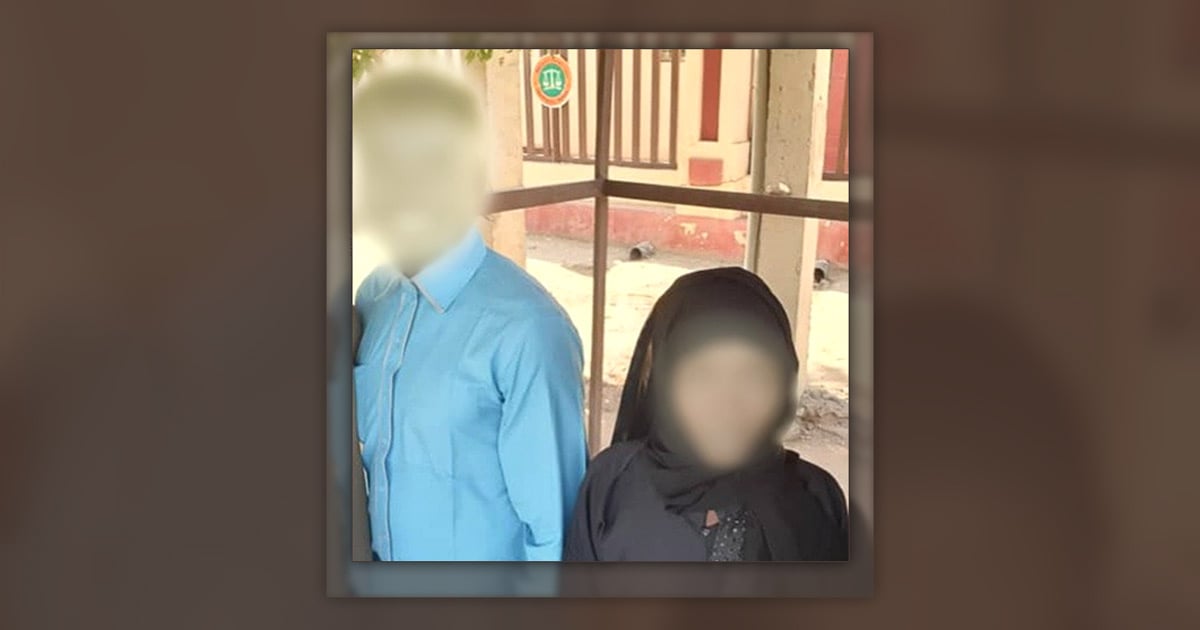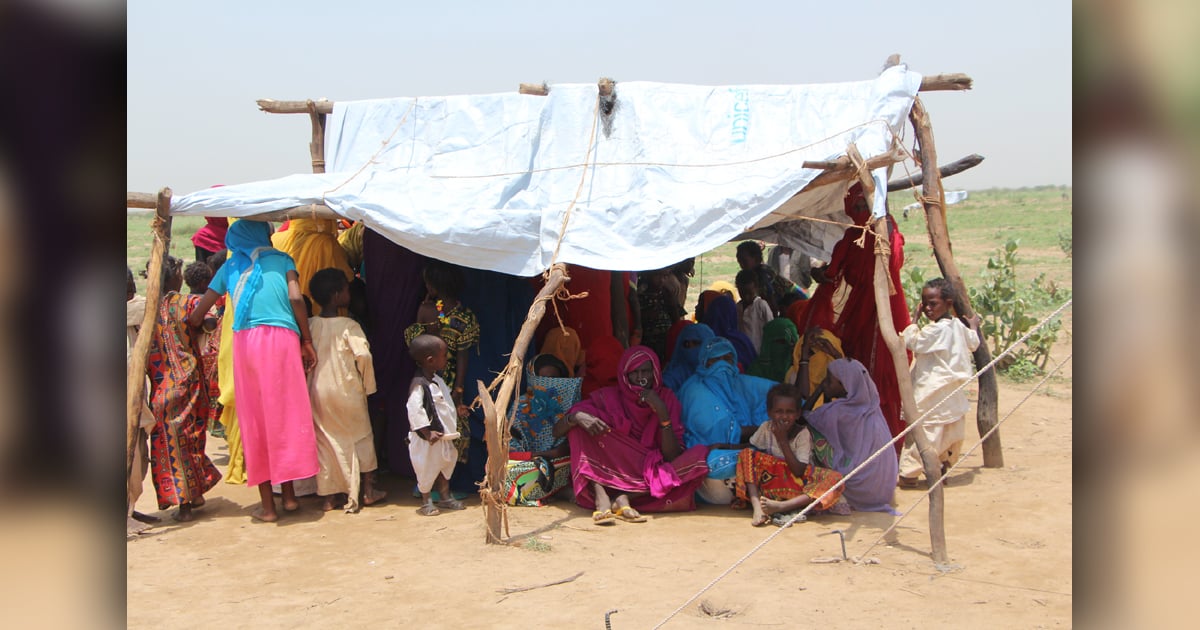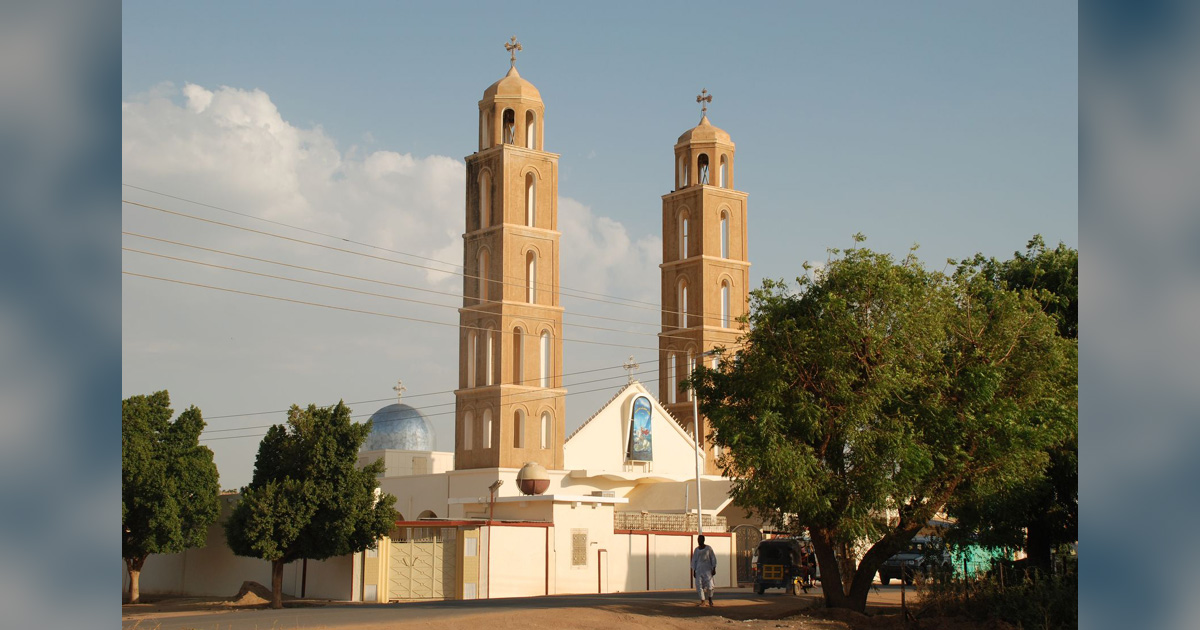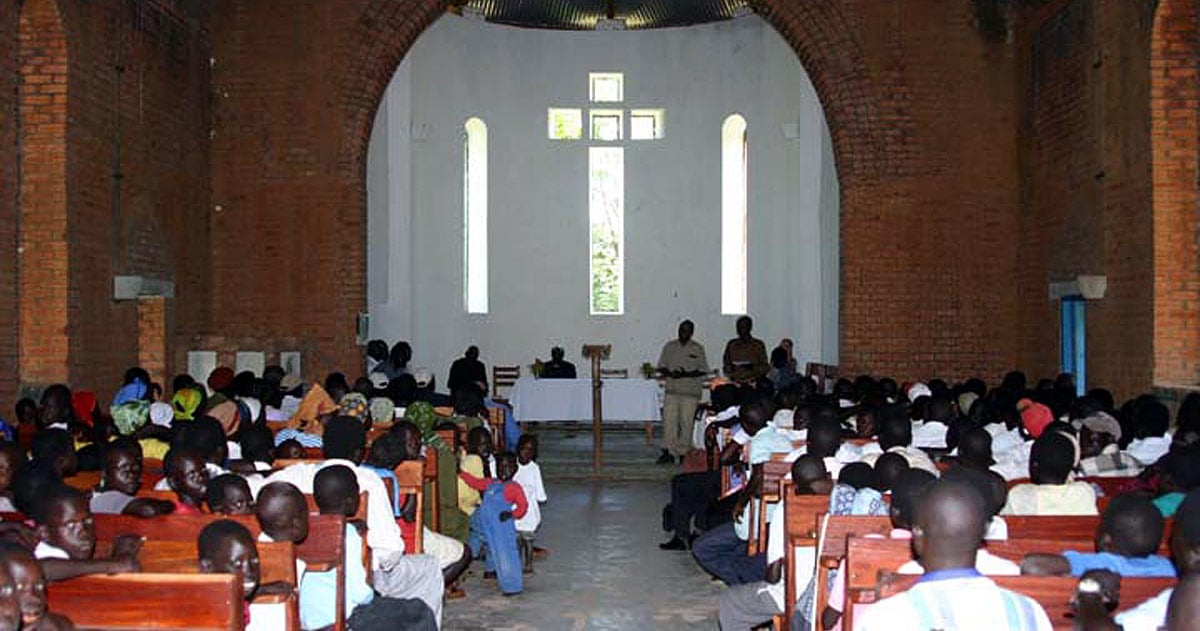
Photo: ADF International
Hamouda Teya Kaffi and his wife Nada Hamad Koko have been facing ongoing problems since he first came to faith in Christ during 2018. Since it was unlawful for a Muslim woman to marry a non-Muslim man, Nada's family initially forced her to have the marriage annulled by an Islamic court. At the time, Hamouda could have been accused of apostasy, an offence punishable by death, but he was fortunately spared of any criminal charges.
In 2020, apostasy was completely decriminalized in Sudan, and so the couple reunited in 2021, with Nada announcing that she had also become a Christian. Under pressure from her family, however, charges were laid against the couple, claiming that Nada's conversion to Christianity was not valid and, therefore, their current marriage would be deemed unlawful. If convicted, the couple will then be considered guilty of adultery. For more details on their case, see our previously posted report.
Hamouda and Nada were scheduled to appear in court on September 15th when they found out that charges of apostasy were being added to their case, despite that law having been revoked in 2020. Because of the new charges, their hearing was postponed.
On August 30th, similar charges of apostasy against four Christians were dismissed by a Sudanese court (see this page). The laying of these new charges against Nada and Hamouda when there is little probability of them being upheld is being seen by human rights advocates as an attempt to intimidate and pressure the married couple to return to Islam. Even if all charges against the Christians are dropped, the couple's situation has now become known in their community, placing them at great risk of danger.
Please prayerfully uphold Nada and Hamouda as they now face these additional charges, along with the psychological pressure from Sudanese authorities, as well as hostile family and community members. May the outcome of this court case be in favour of the Christian couple. Ask God to give wisdom and guidance to the governing leaders of Sudan, helping them to realize the need to respect the rights of all citizens in their country.

 Population
Population


